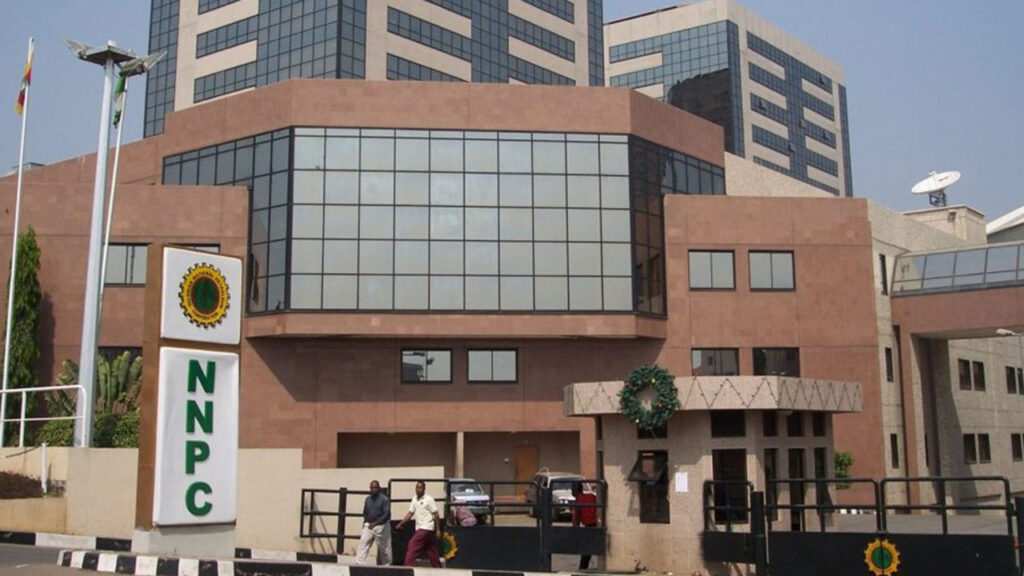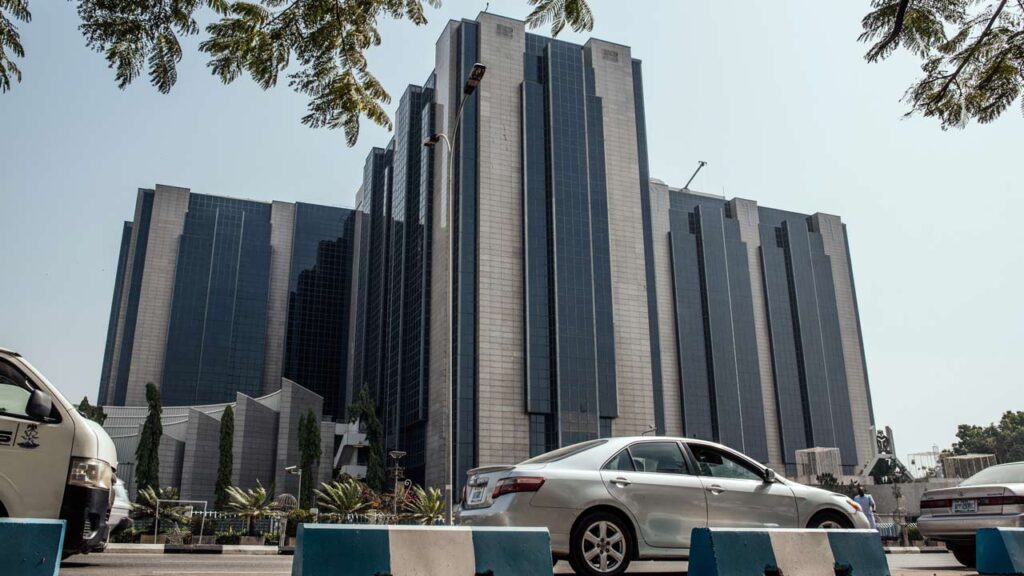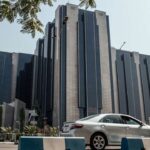
*Dollar trades above N1500/$ in black market
The Central Bank of Nigeria (CBN) has slashed the Customs exchange rate for calculating Customs duties at the nation’s seaports to N1,492.08/$1, barely 24 hours after increasing it to N1,502.136/$1.
This comes as the dollar continues to trade above N1500/$ in the black market. The dollar has consolidated around N1500/$ at both official and parallel markets since the beginning of the week.
Information obtained from the official trade portal of the Nigeria Customs Service (NCS) revealed that on May 16, the apex bank reduced the Customs FX duty rate by 0.67 per cent.
This reduction translates to a decrease of N10.1 in the exchange rate per dollar required for the clearance of goods at the ports and for opening Form M as of Thursday, May 16.
This adjustment marks the second time the FX duty rate was slashed in May; it was previously decreased on May 7 from N1,441.53/$1 to N1,382.16/$1, representing a 4.29 per cent and N59.37 difference. This makes it the eighth adjustment in May 2024 alone, with more expected.
Meanwhile, importers, freight forwarders, and shippers are struggling with the fluctuating high customs import duty exchange rates. The National Public Relations Officer of the Association of Registered Freight Forwarders of Nigeria (AREFFN), Taiwo Fatomilola, voiced significant concerns about the impact of these monetary policies on the trade sector.
According to Fatomilola, the government’s decision to raise the Customs import duty exchange rate is severely affecting the operations and financial stability of importers, manufacturers, and licensed Customs agents.
Speaking from the Customs valuation office in Lagos port amid heated discussions, Fatomilola highlighted the practical challenges facing the business community.
“When you initially charge your importers based on a certain exchange rate, and then it changes abruptly, it not only causes financial strain but also strains business relationships,” he said. He stressed that the volatility of the exchange rate has led to disputes and renegotiations, disrupting business continuity.
Fatomilola emphasised that President Bola Tinubu’s administration needs to consider a more strategic approach to support trade and business activities in Nigeria, noting that this monetary policy is not just a small hiccup but a significant barrier to production, affecting sales, prices, and the overall business climate.
“The ripple effects of these policy changes are felt across the board, with increased production costs and altered pricing structures potentially leading to higher consumer prices and decreased market stability,” he stated. He called for an urgent review of these policies to foster a more conducive environment for business growth and economic stability in the country.
Also speaking, the former President of the Shippers’ Association, Lagos State (SAL), Jonathan Nicol, expressed deep concern over the erratic fluctuations in the foreign exchange rates used for clearing goods at the nation’s ports. He said these unpredictable changes complicate financial planning and threaten the viability of import businesses. Nicol criticised the government’s handling of the exchange rate, which he says hampers businesses’ ability to make accurate projections.
“One moment you are planning based on an exchange rate of N1,400/$1, and the next it’s skyrocketed to N1,500/$1,” Nicol explained, noting that this instability makes it challenging for businesses to secure the necessary funds for clearing goods, leading to increased operational risks and potential financial losses.
He further highlighted the issues with the ‘Form M’ — a mandatory documentation process for importers — where the payable amount fluctuates due to the volatile exchange rate.
“If you raise a Form M at N1,500, and the rate drops to N1,400 the next day, or vice versa, it disrupts the entire financial planning of our operations,” Nicol stated.
Nicol noted that the lack of a stable foreign exchange market not only erodes profit margins but also injects a high level of uncertainty into the importation process.
He warned that continuing this path could lead to a reduction in import activities, as more businesses might find it unsustainable to operate under such unpredictable financial strain.
Nicol urged the government to consider fixing the forex window at a stable and lower rate to protect the interests of Nigerian businesses and consumers alike.
He called for immediate action for a more robust and fair economic strategy from the government to foster a healthier business environment and encourage the growth of import-dependent sectors.













